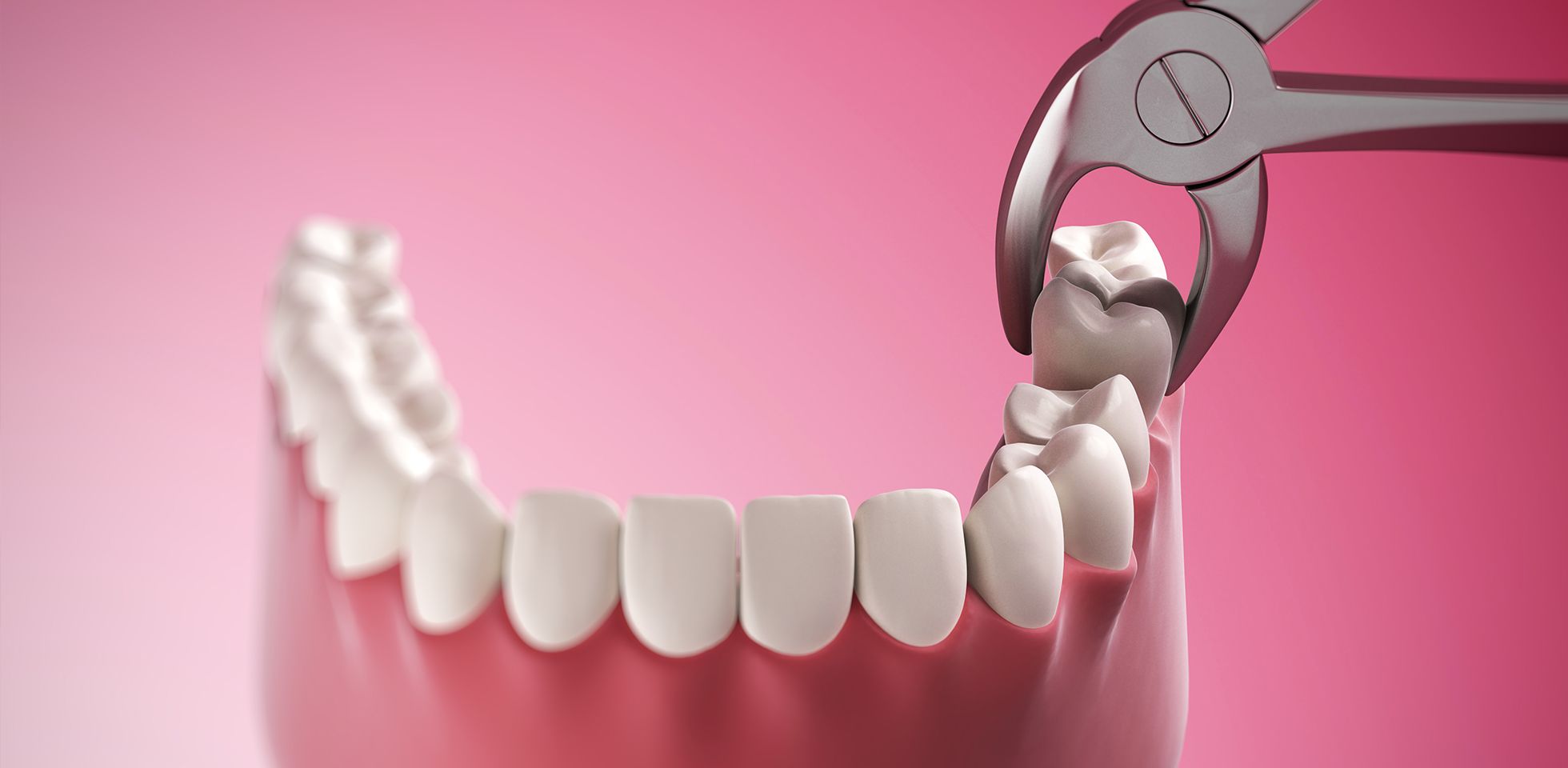Dental oral surgery involves a variety of specialized procedures aimed at addressing complex issues related to the teeth, gums, and jaw. These surgeries are often necessary when standard dental treatments are insufficient for managing significant dental conditions or abnormalities. Common procedures include:
1. Tooth Extractions: This involves removing a tooth that is severely decayed, damaged, or impacted. Wisdom tooth extractions are a frequent example, especially when these teeth become impacted or cause overcrowding.
2. Dental Implants: This procedure replaces missing teeth by surgically placing a titanium post into the jawbone, which acts as a stable foundation for a crown, bridge, or denture. Dental implants are a long-term solution for restoring function and aesthetics to the smile.
3. Bone Grafting: Often performed in conjunction with dental implants, bone grafting involves adding bone material to the jawbone to create a more solid foundation for implants, especially in areas where the bone has been lost or resorbed.
4. Corrective Jaw Surgery (Orthognathic Surgery): This surgery addresses misalignment of the jaws that can affect chewing, speaking, and overall function. It may be required to correct severe bite issues or jaw deformities.
5. Apicoectomy: A procedure to remove the tip of a tooth's root when an infection persists after a root canal treatment. It involves a small incision in the gum to access and clean the root tip.

Oral surgeries are typically performed by oral and maxillofacial surgeons who have specialized training in these complex procedures. Depending on the nature of the surgery, it may be done under local anesthesia, sedation, or general anesthesia.
Proper post-operative care and follow-up are essential to ensure successful healing and to address any potential complications. Oral surgery plays a crucial role in managing serious dental issues, improving oral health, and enhancing overall quality of life.
SURGICAL AND NON SURGICAL EXTRACTIONS
In dental oral surgery, tooth extractions are categorized into surgical and non-surgical procedures, each suited to different types of tooth issues.
Non-Surgical Extractions are typically performed when a tooth is fully erupted and can be removed using straightforward techniques. This process involves loosening the tooth with an instrument called an elevator and then extracting it with forceps. Non-surgical extractions are generally quicker and involve less complexity, making them suitable for teeth that are decayed, damaged, or have become loose due to gum disease. The procedure is often done under local anesthesia, ensuring patient comfort while the dentist removes the tooth..

Surgical Extractions are required when a tooth is not easily accessible or visible, such as when it is impacted, partially erupted, or fractured below the gum line. This type of extraction involves making an incision in the gum to access and remove the tooth or its remnants. Surgical extractions may also involve the removal of bone or cutting the tooth into smaller pieces for easier extraction. These procedures are typically performed by oral surgeons or general dentists with advanced training in surgical techniques. Depending on the complexity, surgical extractions may require local anesthesia, sedation, or general anesthesia. Post-operative care is crucial, and patients may experience more discomfort and swelling compared to non-surgical extractions. Proper follow-up and adherence to recovery guidelines are essential for healing and preventing complications.
BIOPSY
In dental oral surgery, a biopsy is a vital diagnostic procedure used to evaluate abnormal or suspicious lesions in the mouth, jaw, or surrounding tissues. This procedure involves the removal of a small sample of tissue from the affected area, which is then analyzed under a microscope by a pathologist to determine the presence of disease, such as oral cancer, infections, or other pathological conditions..

There are several types of biopsies used in oral surgery, depending on the nature and location of the lesion:
1. Excisional Biopsy: This involves the complete removal of the lesion along with a margin of healthy tissue. It is often used when the lesion is small and accessible, providing a comprehensive sample for diagnosis. Excisional biopsies not only help in diagnosing but can also serve as a treatment if the lesion is benign.
2. Incisional Biopsy: This procedure involves removing only a portion of the lesion for examination. It is typically used for larger or more challenging lesions where complete removal is not feasible. Incisional biopsies provide valuable diagnostic information while preserving the surrounding tissue.
3. Needle Biopsy: This technique uses a hollow needle to extract a sample of tissue or fluid from deeper lesions. It is less invasive and is often used for lesions that are difficult to access or when minimal disruption is preferred.
4. Brush Biopsy: A brush is used to collect cells from the surface of a lesion. This method is less invasive and is often used for screening or preliminary diagnosis, especially for surface lesions or abnormal areas that are hard to reach.
Biopsies in oral surgery are typically performed under local anesthesia to ensure patient comfort. The collected tissue is sent to a laboratory for histopathological analysis, and the results help guide the next steps in treatment or management. Post-biopsy care includes monitoring for any discomfort, swelling, or bleeding and following the dentist's or oral surgeon's instructions for recovery. Biopsies play a crucial role in diagnosing and managing oral diseases, ensuring timely and appropriate treatment.
Make An Appointment!
Just make an appointment to get help from our experts

